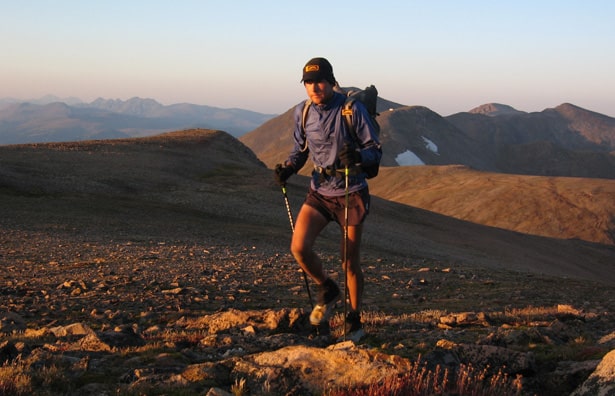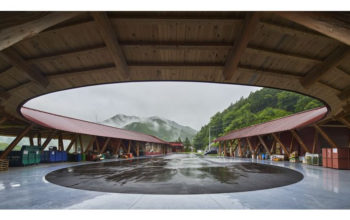Thru-Hiking- a new study makes a troubling find.
Exercise may not be enough to make up for thru-hikers’ bad diets, a new paper suggests.

The following written content by Adam Roy
When Tom Heinbockel decided to make himself into an experiment, he didn’t expect the results to change the way he looked at hiking. He certainly didn’t expect it to change his health for the worse.
It was 2019, pre-pandemic, and he had his sights set on the Pacific Crest Trail. Heinbockel, a runner who got the trail name Tarzan on a previous thru-hike of the Appalachian Trail, had just finished his master’s degree in integrative physiology at the University of Colorado, and was looking forward to a long walk before returning to his job as a research assistant at the school. It was during a chat with Daniel Craighead, an assistant professor in his department, that the idea of documenting how the trip affected his health came up.
“We were just like, ‘we should measure a few things, because we have all the equipment’,” Heinbockel recalls. “It was just personal interest.”

Before his departure, the pair put Heinbockel through a battery of tests to measure a variety of fitness markers. They used x-ray scans to assess his body composition and bone density, and ultrasound equipment to measure how efficiently his arteries functioned. They took his blood pressure and resting heart rate, and he ran on a treadmill to measure his oxygen consumption. Overall, the data showed a picture of an athletic young man in his prime: As the pair later wrote, Heinbockel was “highly fit, and had a low body fat percentage.”
Heinbockel’s thru-hike went off without any major issues. He started hiking northbound with a friend, but after about 800 miles, he split off, hoping to enjoy “the solitude of it all.” It was a massive snow year for the Sierra, and Heinbockel spent some 500 miles trekking across snowfields, enduring swollen river crossings and passing days alone in sections that more cautious hikers had opted to skip. He snacked on typical thru-hiker fare—jerky, individually-wrapped pastries, chips—and did push-ups along the way, hoping to keep some upper body strength. He reached the Canadian border in 112 days, about a month faster than most hikers take to finish the PCT.
When Heinbockel returned to the lab, however, he and Craighead were in for a surprise. On the outside, Heinbockel didn’t look much different: His weight had stayed stable and his body composition had barely budged. The tests however, revealed that his arteries had taken a turn for the worse. Heinbockel’s brachial artery flow-mediated dilation—a measure of how well the endothelial lining, a layer of cells on the inside of blood vessels, is functioning—had dropped by more than 25%, while his aortic stiffness had risen by 5%, changes associated with an increased risk of heart disease and stroke. Read more from Backpacker.





